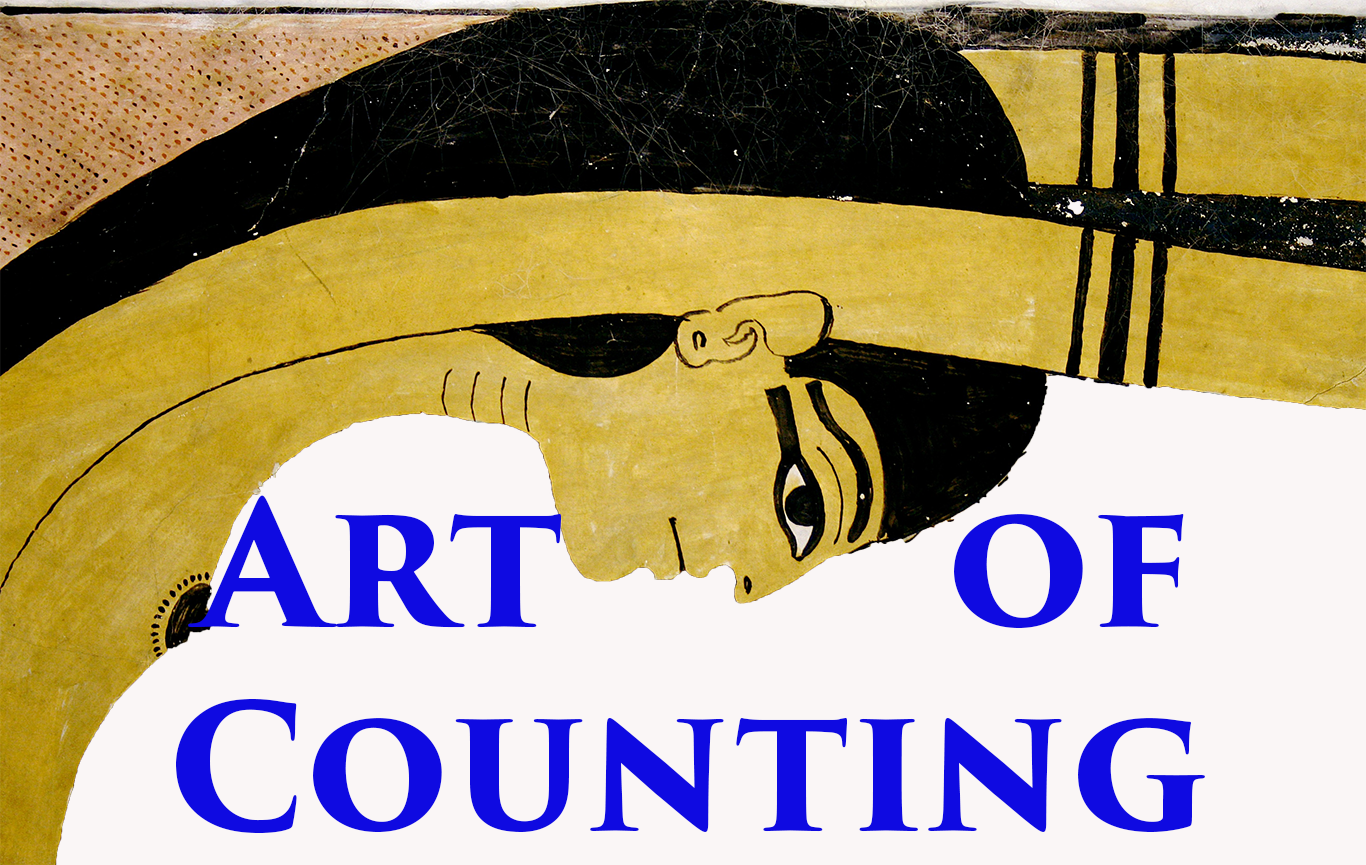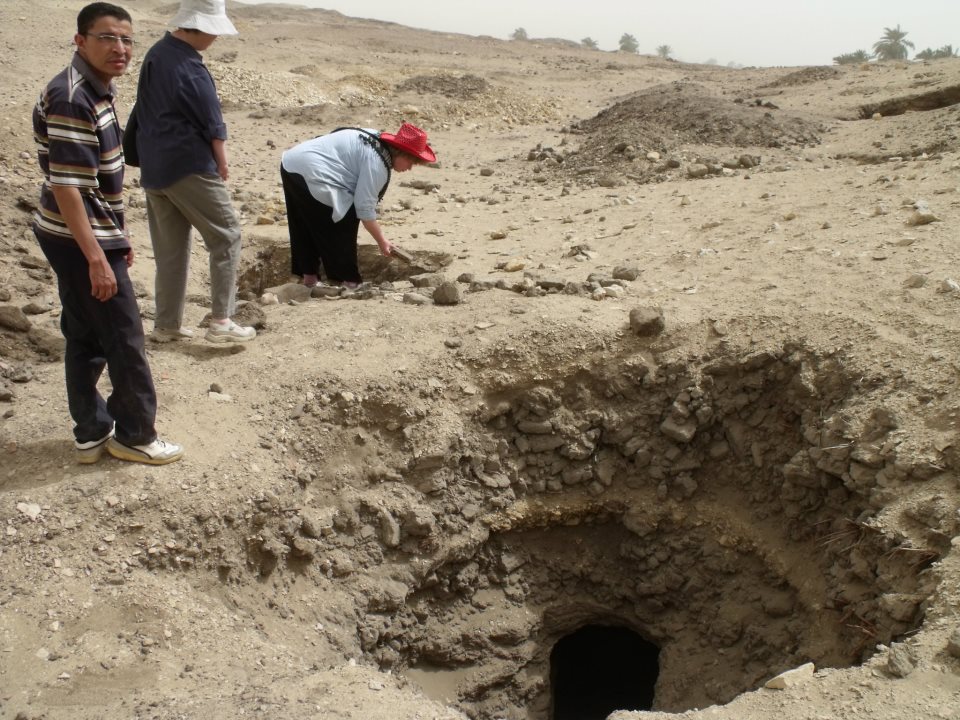The Jasmine Revolution and ensuing political issues in Egypt have left the country in a decidedly tenuous position. Among the many significant challenges Egypt must struggle with now is how to properly protect it’s treasured, global heritage in a time of such instability. With nearly 5,700 reported cases of illicit digging in Egypt in less than 18 months, looting has reached dramatic levels and participants have expanded beyond the desperate.
Thieves are no longer simply scouring the far edges of often-unvisited sites. Instead, they dig directly into archaeological mounds close to (or actually in) active excavations and high-traffic landmarks.
Looter pit at El Hibeh. Photo: Carol Redmount
Deep pits have been dug under numerous homes near temples, allowing looters to remove artifacts at their leisure. This boldness is immensely costly in a country so thoroughly saturated with antiquities that any stroll in the desert can bring ancient material to light.
Illegal digs near ancient temples and in isolated desert sites have swelled a staggering 100-fold over the past 16 months since a popular uprising toppled Hosni Mubarak’s 29-year regime and security fell apart in many areas as police simply stopped doing their jobs.
…
“Criminals became so bold they are digging in landmark areas.” including near the Great Pyramids in Giza, other nearby pyramids and the grand temples of the southern city of Luxor, said Maj.-Gen. Abdel-Rahim Hassan, commander of the Tourism and Antiquities Police Department.
“It is no longer a crime motivated by poverty, it’s naked greed and it involves educated people,” he said.
…
But in the security void, the treasure hunting has mushroomed, with 5,697 cases of illegal digs since the start of the anti-Mubarak uprising in early 2011— 100 times more than the previous year, according to figures obtained by The Associated Press from the Interior Ministry, which is in charge of police.
Related crimes have risen as well — 1,467 cases of illicit trading in antiquities and 130 attempts to smuggle antiquities abroad. At least 35 people have been killed in incidents connected to illegal digs, including 10 buried alive in the southern city of Naga Hamadi in March when the hole they dug in the ground caved in.
There is a simple, understandable reason for this increase–an almost utter lack of security. Anyone who travelled in Egypt pre-2011 could tell you how many security personnel there used to be throughout the country. Dozens were perched at every road stop and they often blanketed excavations and tourist sites. With the disintegration of the infrastructure, however, those security forces simply blew apart like so much dust.
The ministry officials said the surge reflects in part the failure of the police to fully take charge of security after they melted away on Jan. 28 last year, after deadly clashes with protesters on the fourth day of the 18-day anti-Mubarak uprising. Since then, many police have been balking at investigating crimes and pursuing criminals, whether out of resentment over the “revolution” or because of the continued lack of strong political authority.
An Egyptian-led global coalition is needed to address this disastrous situation.


